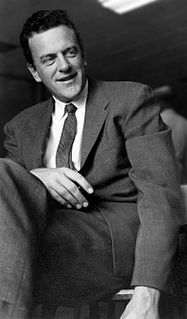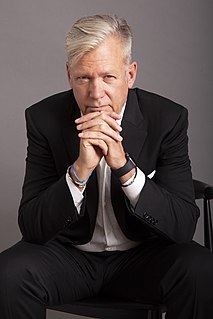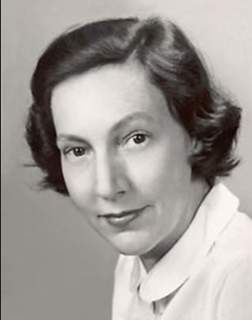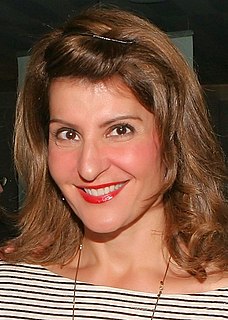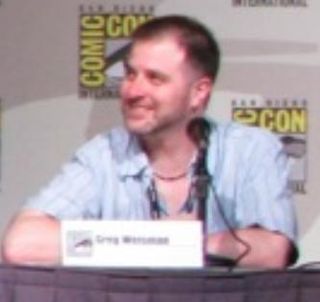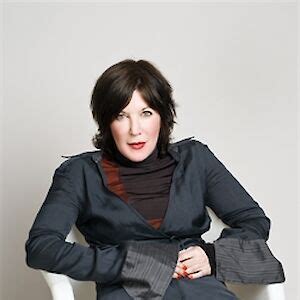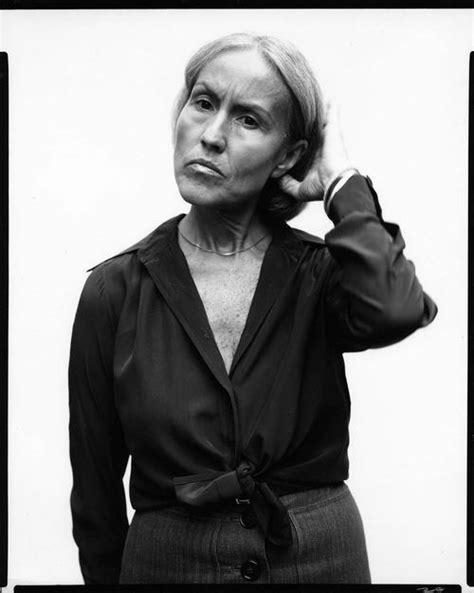A Quote by David Simon
I had a great editor, Rebecca Corbett, from the time I was a city reporter right through to the years I worked on the 'Sun's' enterprise reporting team.
Related Quotes
Newspapers have been likened to steamships that move very slowly, in terms of their direction. And when a reporter is sent out on a story, if that reporter has his or her own personal standards and is given a certain amount of time, they're going to probably do as good a story yesterday or tomorrow as they did the day before yesterday when there was a different editor there. But an editor provides vision. An editor decides what's going to be on page one, what gets rewarded, who's given more time, who's given what beats. They set a direction.
We had a great childhood and boyhood. It was a wonderful time through those years. A lot of it was through the Depression years, when things were tough, but my dad always had a job. But I had a great time. I was kind of restless, and I had a hard time staying in school all day, so me and a few pals would duck out and go out on these various adventures.
I was spending a lot of time in Mumbai after I met my husband, who is Indian, and while parts of the city were prospering like crazy, I couldn't quite make out how the new wealth had changed the prospects of the majority of city residents who lived in slums. So after a few years I stopped wondering and started reporting.
Being a reporter is one of the noblest things you can do in life. Letting the people know. It's really a holy cause. Time after time after time, in the middle of corruption and disgrace and bad politics, I've seen people come through and do for people. I write about someone in trouble and someone else rallies to help them. Through reporting, things can change.
I worked as an assistant editor, actually, for a few years. That was right when I was just starting to get out at night and do a lot of stand-up, improv, and sketch work in New York. It really is invaluable. I think it pounded into me an awareness of what an editor wants and needs, in terms of clarity of a moment, where and when to start and stop a line.
When I got out of college I worked for DC comics. I worked on staff there and I also freelanced for them for about a decade. I spent two years on staff as an editor right out of college. I'm from Los Angeles and I came back here after a couple of years in New York, to go to Graduate School at USC. I wasn't thinking specifically about animation although while I'd worked at DC.
When you delve deep enough, you find that practically every great fortune and great enterprise in America have sprung from the courageous enterprise of some individual. It was Commodore Vanderbilt's enterprise in switching first from running a ferryboat to running other ships, and then, when he was well along in years, his enterprise in switching into railroading, that created what was to become one of the most notable fortunes in the history of the world.
Before MS moved in on me, I'd worked for seven years as a city lawyer, as the editor of a literary magazine, and before the age of 20, I'd also worked as a cadet journalist and as an assistant director in both film and TV. And then, after the lesions of MS, both on my spine and in my brain, I was the opposite of bionic.
When I graduated from school, World War II was still going on. At the time, my eldest sister, Nancy, was working in New York City at Lord & Taylor, and she had a great friend named Sally Kirkland who she worked with there and who later went to work as an editor at Vogue. I always told them, "I want to work in fashion like you do," and finally, in the late '40s, I got a job at Lord & Taylor, too.
Rebecca Mead's My Life in Middlemarch is a wise, humane, and delightful study of what some regard as the best novel in English. Mead has discovered an original and highly personal way to make herself an inhabitant both of the book and of George Eliot's imaginary city. Though I have read and taught the book these many years I find myself desiring to go back to it after reading Rebecca Mead's work.



